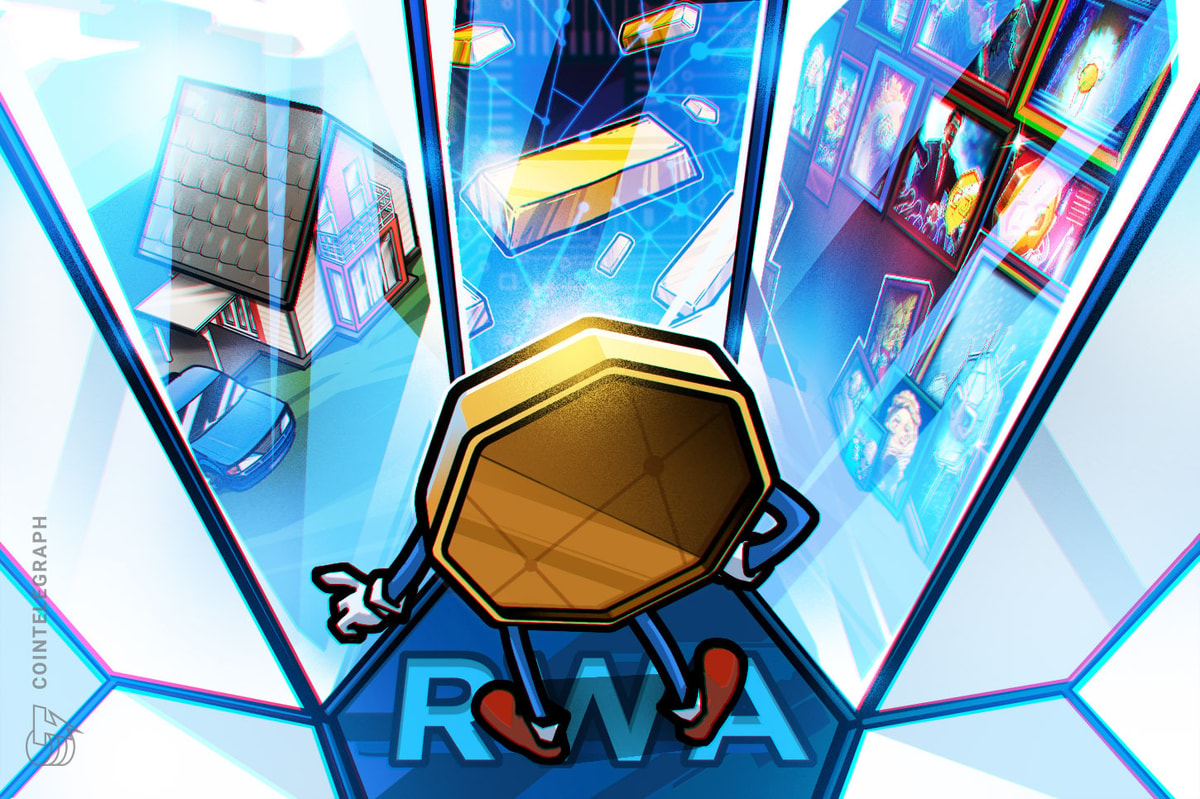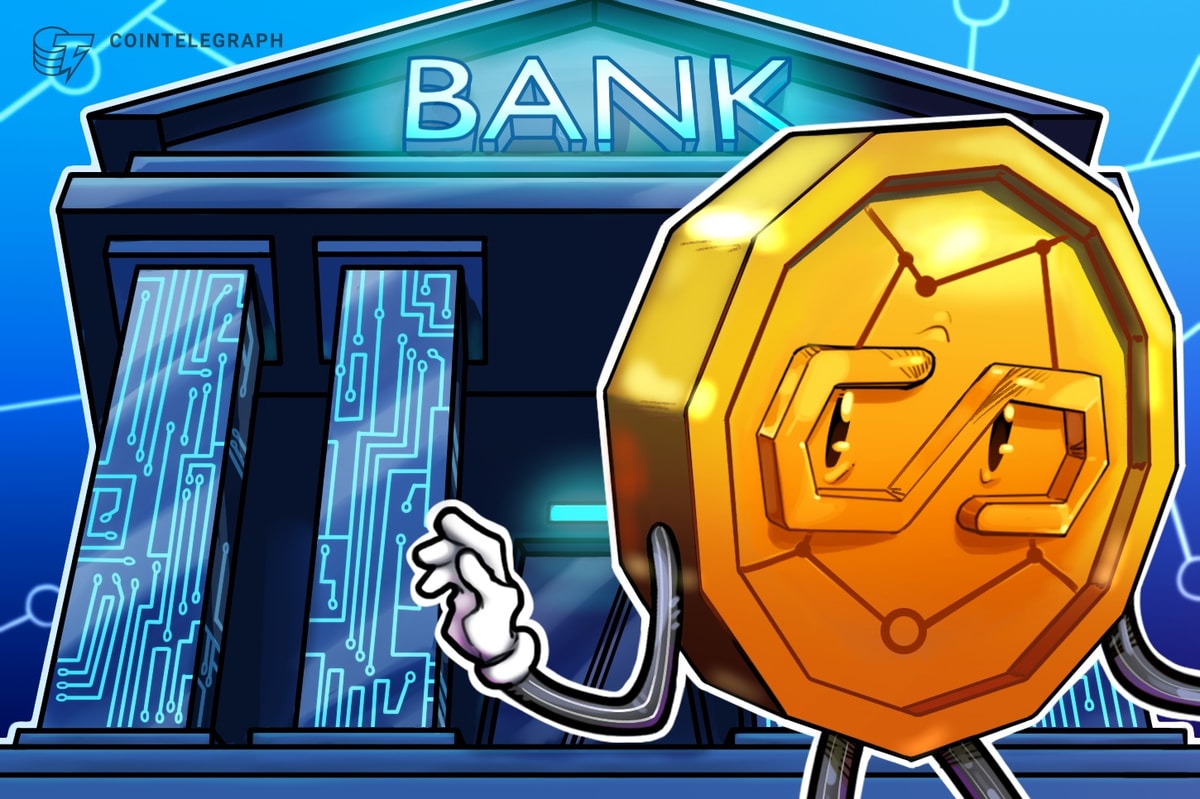The infamous collapse of FTX sent shockwaves through the broader cryptocurrency space in 2022, but the Solana ecosystem was particularly hard hit in the fallout.
Speaking exclusively to Cointelegraph at the latest edition of the Solana Breakpoint conference hosted in Amsterdam, Solana co-founder and CEO Anatoly Yakovenko recalls his concern for several projects that were building on the layer-1 smart contract blockchain protocol.
“I was more worried about the ecosystem of startups; we didn’t know how exposed teams were,” Yakovenko explained. Solana’s native token, SOL (SOL), saw a significant drop in value in the immediate wake of FTX’s bankruptcy, with its token trading at $36 in early November 2022 before dropping as low as $12 in the days after the exchange’s collapse.
Related: Sam Bankman-Fried found guilty on all 7 charges in FTX fraud trial
Solana’s brains trust and several investors contacted hundreds of teams building products, services and decentralized applications to take stock of the collateral damage. According to Yakovenko, about 20% of Solana-based projects had received investments from FTX or Alameda Research, and just 5% of ecosystem startups had funds sitting on the defunct exchange.
“That’s what hurt the most. Those teams saw their runway evaporate.”
Yakovenko empathized with founders who had toiled to raise capital and placed their trust in FTX as the custodian of those funds. “You keep it in an exchange that everyone seemed to trust, and boom, it’s gone. It was a catastrophic failure for those companies,” he added.
A prime example was Armani Ferrante, who had raised some $20 million to build out Solana-based cryptocurrency infrastructure firm Coral. The engineer has previously estimated that his company lost around $14.5 million it had held on FTX.
“Folks like Armani just really doubled down and rebuilt their companies. They took that failure and channeled it as energy to build.”
While Yakovenko concedes that seeing SOL’s value plummet due to the exposure that some prominent Solana projects had from several Sam Bankman-Fried-led investments was a tough pill to swallow, it paled in comparison to the damage done to ecosystem projects.
“It was gut-wrenching. The token price dropping sucked, but that’s crypto. It moves up and down all the time. But people’s runways getting evaporated — that really hurt. I’m just glad the vast majority of teams survived,” the CEO added.
The dust is beginning to settle as the one-year anniversary of the collapse of FTX approaches. Bankman-Fried’s high-profile criminal trial has concluded, with the former CEO found guilty on all seven charges on Nov. 3. Sentencing is scheduled for March 2024.

There is a silver lining for the Solana ecosystem, as Yakovenko explains, with several investors reaching out, saying that the influence of FTX was an impediment to supporting the new generation smart contract layer 1.
2/ @VitalikButerin recently asked me what I like about @Solana and so I'll share with the public an adapted & threaded-version of what I wrote to him
— Chris Burniske (@cburniske) December 30, 2022
Yakovenko highlighted the influence of Ethereum venture capital investor Chris Burniske in articulating the value proposition of Solana.
“He basically said now is the time to go look at Solana because this major thing that was really bad for decentralization is gone. There are legitimate people building here. His influence had a major impact on the ecosystem and getting everyone back on their feet.”
Magazine: BitCulture: Fine art on Solana, AI music, podcast + book reviews











